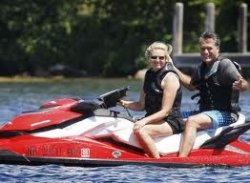Rinata
Gold Member
- Oct 5, 2009
- 6,790
- 973
- 153
Yes__ It's predictable that I'd call out hacks such as yourself. Sorry, I'm not trying to impress you. Just call it how it is.
The wheels are off the Obama bus. If you think Obama is at 332 then you're living in the land of Oz.
Oh, goodie!!! Maybe the Wizard can make me 18 again. Oh, and bring Elvis back to life to be my honey!!
At least you know you're engaging in wishful thinking!
More than I can say for you!!!












 . But most people feel fucked these days!! Bickers model shows very consitently that when people feel fucked, they get rid of the asshole in charge of the store. They dont embrace all the k00k ideology touted by the forum dolts in here............they just dont want to feel fucked over every day in their lives.
. But most people feel fucked these days!! Bickers model shows very consitently that when people feel fucked, they get rid of the asshole in charge of the store. They dont embrace all the k00k ideology touted by the forum dolts in here............they just dont want to feel fucked over every day in their lives.